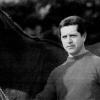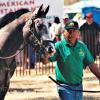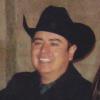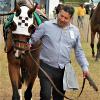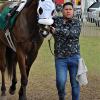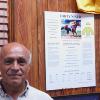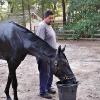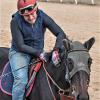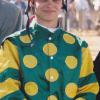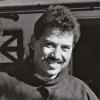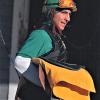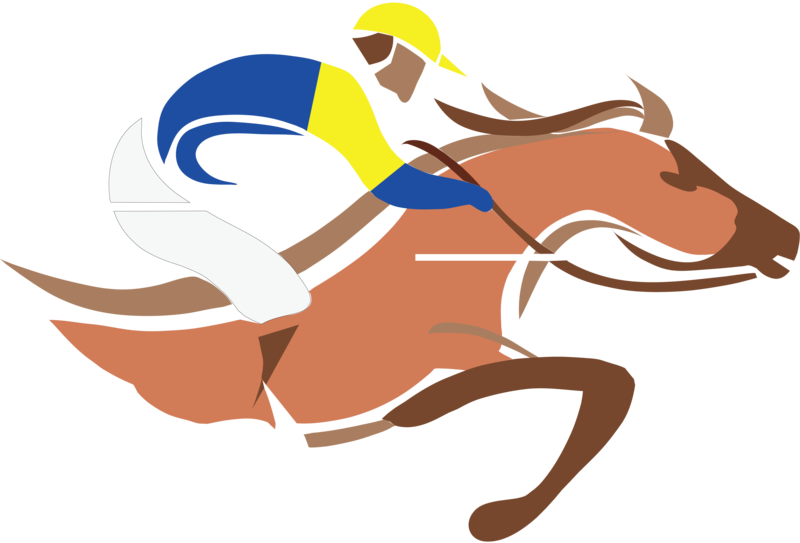Jockeying into Position: Latinos in Horse Racing in Aiken, S.C.
This exhibit celebrates the contributions made by Aiken’s Latino Community to the local equine industry. The exhibit is located in first floor gallery of the Hall of Fame.
Horseracing, one of the oldest and most celebrated sports in America, is embedded in Southern culture and identity. This traditional pastime reflects the most noticeable population change in the Southeast through the rise of Latino jockeys in the twentieth century. In the 2020 Triple Crown races, (Kentucky Derby, Preakness Stakes, Belmont Stakes), 64% of the jockeys were Latino. In 2015, Mexican Victor Espinoza and American Pharaoh won the Triple Crown for the first time in 37 years and proclaimed, “I’m the luckiest Mexican on earth!” The equine industry is a business in which Latino jockeys, grooms, and trainers take pride in their contributions to horse racing and to American culture in general.
Lisa J. Hall, Museum Coordinator for the Aiken Thoroughbred Racing Hall of Fame and Museum, and Gabrielle Kuenzli, a professor of Latin American history at the University of South Carolina, are documenting the history of the unstudied Latino jockey population in the American South using the case study of the Aiken Training Track to illuminate the experience of the growing Latino community in a largely rural southern community. The Aiken Training Track has produced many successful racehorses, such as Pleasant Colony, Swale, Kelso, and Palace Malice. In addition, the track employs many Latino horsemen and women as grooms, exercise riders, and as trainers. The large number of Latino jockeys mirrors broader population trends in SC. The Latino population is the fastest growing population, having increased by 147.9% in SC from 2000-2010.
The first part of this pilot exhibit is now on display at the Aiken Thoroughbred Racing Hall of Fame & Museum through November 22. The exhibit highlights the contributions that Aiken’s Latino community have made to the local horse industry. The contributions made by Latinos worldwide will also be highlighted. A goal of this exhibit is to continue to collect the stories of those who are not in the current exhibit. Interviews may be carried out in Spanish or English, and individual’s backgrounds, such as experience in Latin America in ranches or jockey schools, are most welcome. Those interviewed may identify themselves or remain anonymous.
Those who have photographs and/or stories to share are encouraged or for more information about the exhibit may contact Lisa J. Hall, Museum Coordinator at 643-2121 or [email protected] or Gabrielle Kuenzli, Assistant Professor of History at 803-587-0611 or [email protected].
Aiken Thoroughbred Racing Hall of Fame and Museum
"Home of Aiken's Racing Champions"
Information: 803-642-7631
Hours of Operation
Tuesday - Friday 2 pm - 5 pm
Saturday 10 am - 5 pm
Sunday 2 pm - 5 pm
Free admission
